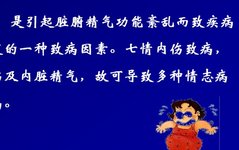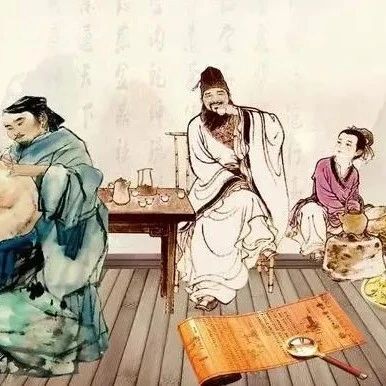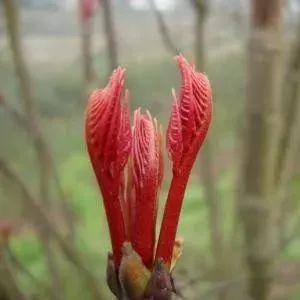The Seven Emotions as Causes of Internal Injury
The Seven Emotions as Causes of Internal Injury The seven emotions refer to joy, anger, worry, contemplation, sadness, fear, and shock, which are normal emotional activities and represent the human mind’s response to external stimuli. The seven emotions are closely related to the functional activities of the body’s organs. They are categorized under the five … Read more










